 Interesting post today in the Book Trade newsletter I subscribe to. It led me to an article that was in the Telegraph (U.K. based) which was about how authors agonize over their dedications as it is the most revealing page in the whole book.
Interesting post today in the Book Trade newsletter I subscribe to. It led me to an article that was in the Telegraph (U.K. based) which was about how authors agonize over their dedications as it is the most revealing page in the whole book.
The article went on to say despite all the fact-finding, fleshing out the plot, making characters believable, etc..., "The book may be good, bad or both, but once it is finished you can dodge it, stand by it, disown it, move on, say you did or didn't mean it, point out that you made it up, insist that it has nothing to do with you or anything that has happened in the past. The dedication, on the other hand, is where you have to say exactly what you mean. The dedication is where you can balls up the rest of your life."
I hadn't really thought about it before now, but maybe they are on to something.
One thing I agonize over is just what to say in the dedication. Truth be known, I dedicated my first book, Romancing the Soul, to my dead, departed soul mate when actually I said, "This book is dedicated to all the soul mates in my life; but, especially to my twin flame, for without his guidance from the beyond, this book would never have been born. It was he who encouraged me to follow my dreams no matter where they lead, to keep my head up, and to always believe in the power of everlasting love. It is through him that I dedicate this book as proof of the power of two souls finding their way into each other's realm again."
Now, to look at it, it looks perfectly tame as it doesn't exactly name names, and I'm sure certain other people in my life would be offended if they really knew who it was intended for.
Dedications are a tricky thing. You don't want to offend, but you also want that special spot in your book to go to the one who was the most responsible for why the book was written.
There are two pages in which the author can do this - the dedication and the acknowledgments page - and most authors reserve the dedication for the most important person who means so much to them. So, you see, that can get tricky.
Most authors dedicate their books to either their spouses/girlfriends/boyfriends or their children as they are the ones who mean the most to them. In The Bridge Across Forever, Richard Bach's dedication page reads, "For Leslie, who taught me how to fly."
Some authors dedicate it to people who have died but created an impact on their lives. In Sandy Kahn Shelton's book, A Piece of Normal, her dedication page reads, "To Nan 1956 - 1995."
Lemony Snicket always dedicates his books with "For Beatrice" or "To Beatrice," and as it turns out Beatrice is Lemonsy's dead lover who died in a fire.
In Alice Sebold's book, The Lovely Bones, she simply writes, "Always, Glen."
A book is an author's baby. Because he/she has put so much sweat into its birth, the dedication page remains a sacred place for the author to reveal his/her innermost feelings toward the person or persons they are dedicating it to. But, if you read the dedications of some of these books, have you ever wondered why it feels as if you are stepping into the author's world for a second and that there could be hidden meanings?
How did Leslie teach Richard Bach how to fly? Who is Nan? How did Beatrice die and why does Lemony mention her in every single book?
The next time you write your dedication page, think about this. You could learn an awful lot about the author without the author even realizing it.
Dorothy Thompson
Editor/Co-Author, Romancing the Soul
CEO/Founder Pump Up Your Book
















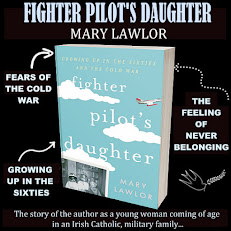














































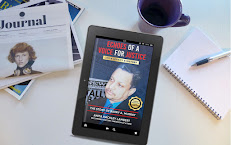




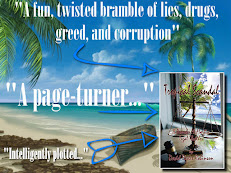




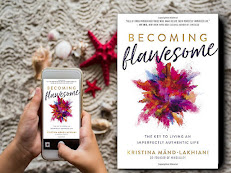
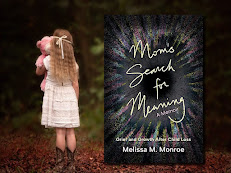
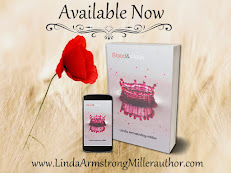


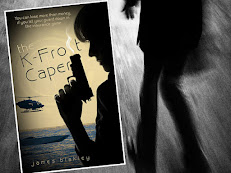

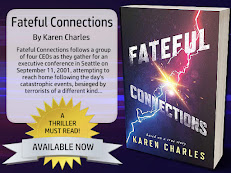
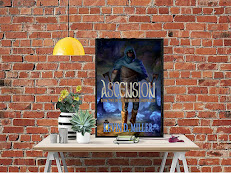






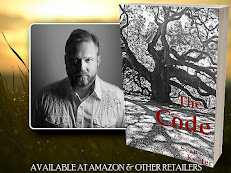

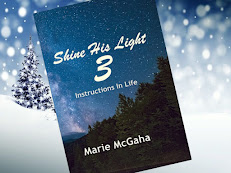

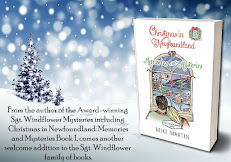



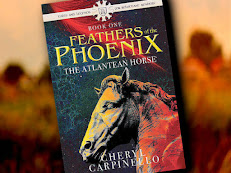
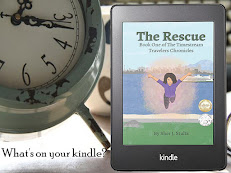


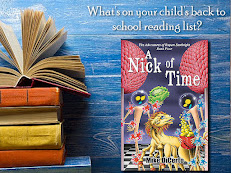



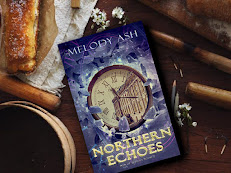

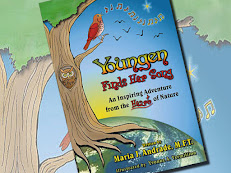




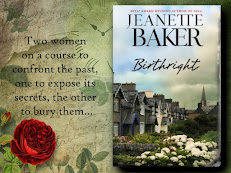
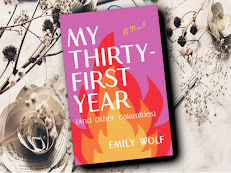
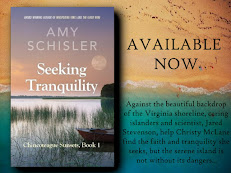
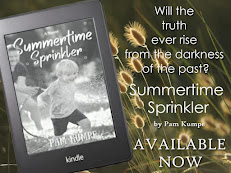




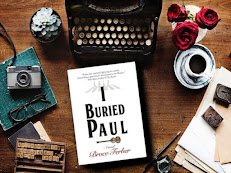
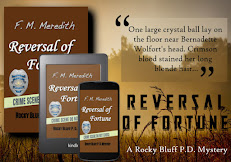
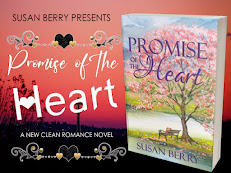

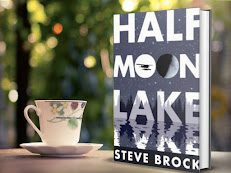

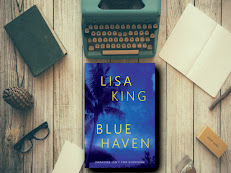

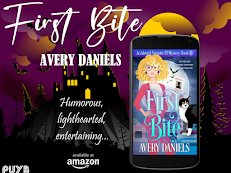

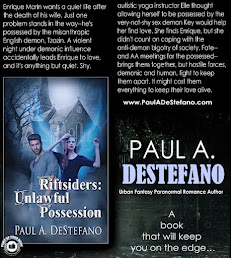







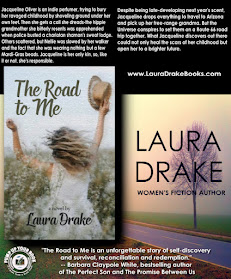



























1 comment:
Once they've done your first book, most authors start dedicating their next ones to other people. I've often seen: "this one goes out to Joe Blow."
I dedicated my first one to my son, because he was the inspiration for the book, but my next one will be for my husband, who makes all this possible for me. Don't know who will get the third dedication, but the more I write, the more dedications I'll have to come up with.
Lynn
Post a Comment